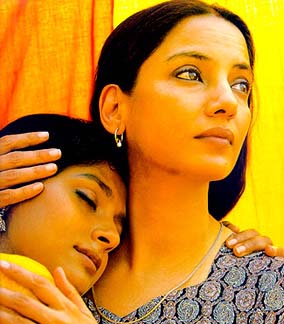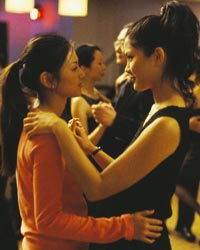Huang He River


Warning: Movie spoilers ahead
Last night, I went to watch Water1 with my family. Water, for those who do not know it, is the latest edition of Deepa Mehta’s elemental trilogy, which opened with a bang 9-10 years ago, in the form of the explosive film known as Fire.
Ah yes, Fire. Rings a bell, does it not? The controversial lesbian film which caused a fair bit of damage to theatres in India when it first opened. The story is about two sisters-in-law in a typical Indian household who fall in love, and the consequent problems. It was consequently banned in India [and might I add, Singapore too], while it went on to garner awards in international film festivals.
After Fire made its own, pardon the pun, firestorm in India, it was 9 years before someone broached the topic again, the hideous creation known as Girlfriend not withstanding. This time, it touched me a lot closer to the heart: a wonderful woman known as Ligi Pulapally made a lesbian film in my language[Malayalam]: The Journey, or Sancharam, released in 2005. The story is about two rural girls who grow up together as best friends, and wouldn’t you know it, fall in love.
So why in the world am I talking about these two films most of you probably have not watched?

